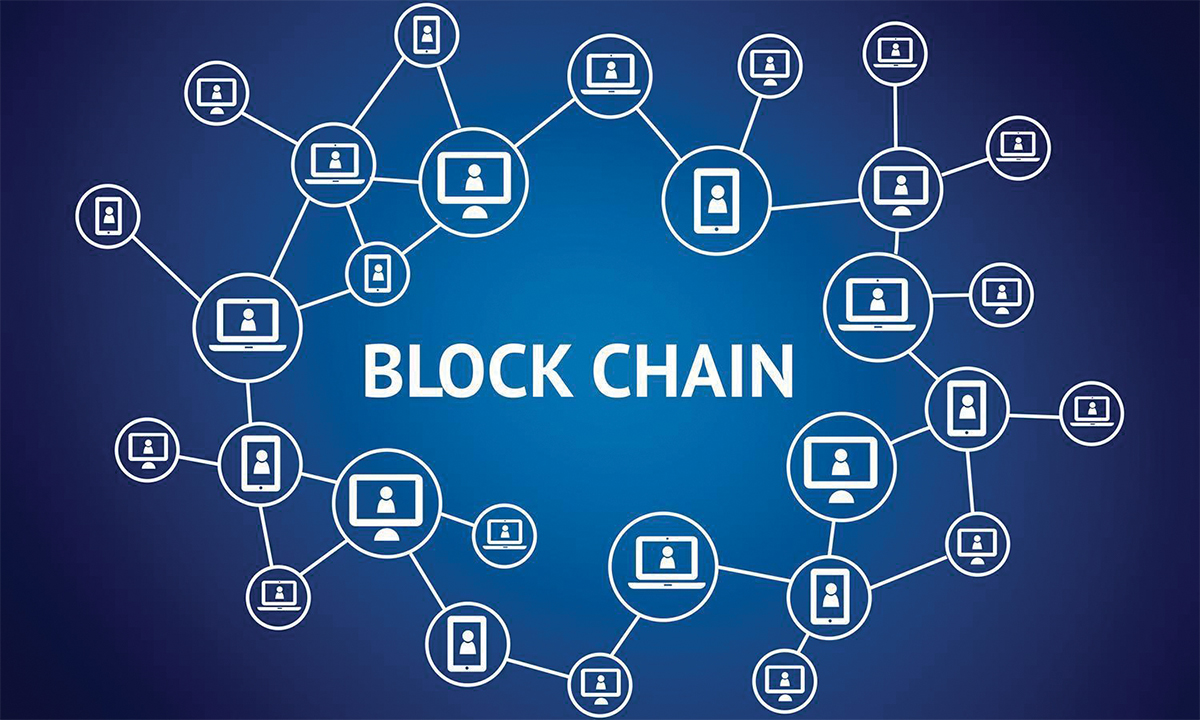Demystifying Blockchain: Everything You Need to Know
In today's digital age, Blockchain has become a buzzword that everyone seems to be talking about. From finance to healthcare, from supply chain management to real estate, Blockchain technology is transforming different industries and revolutionizing the way we do business. However, despite its widespread popularity, Blockchain remains a mystery to many. This article aims to demystify Blockchain by providing you with a comprehensive guide on what it is, how it works, and its benefits and challenges.
What is Blockchain?
Blockchain is a decentralized, distributed ledger technology that allows secure and transparent transactions without the need for intermediaries such as banks, governments, or other third parties. In simpler terms, it's a database or ledger that records every transaction made on it. Each block on the chain contains a unique code, or hash, that links it to the previous block. This way, it creates a chain of blocks that cannot be altered or deleted, making it virtually impossible to manipulate the data.
How Does Blockchain Work?
Blockchain technology uses a network of nodes or computers that communicate with each other to maintain a copy of the database or ledger. Every time a new transaction is made, it's verified by the network of nodes using complex algorithms, and once it's validated, it's added to the Blockchain. The transaction is then visible to everyone on the network, and no one can alter or delete it without the consensus of the majority of nodes.
The world is rapidly moving towards a digital age where everything is connected, and data is shared through networks. With this development, new forms of transactions are emerging, and blockchain technology is at the forefront of this revolution. Blockchain technology has the potential to change the way we transact with each other, and this article will explore what blockchain technology is, how it works, its benefits and drawbacks, and its potential applications.
What is Blockchain Technology?
Blockchain technology is a distributed ledger that records transactions in a secure, transparent, and tamper-proof manner. It consists of a chain of blocks, where each block contains information about a specific transaction, such as the date, time, and amount. Each block is linked to the previous block, forming a chain of blocks, hence the name blockchain.
How does it Work?
Blockchain technology uses a peer-to-peer network to validate transactions. When a transaction is initiated, it is broadcasted to all the nodes on the network. The nodes on the network use complex algorithms to verify the transaction, and once verified, it is added to the blockchain. Once a transaction is added to the blockchain, it cannot be altered, ensuring that the data is secure and tamper-proof.
Benefits of Blockchain Technology
- Decentralized: Blockchain technology is decentralized, meaning that there is no central authority controlling the network. This makes it difficult for hackers to attack the network, making it more secure.
- Transparency: Transactions on the blockchain are transparent, meaning that anyone can view them. This makes it easy to track the movement of assets and ensure that they are not being used for illegal purposes.
- Efficiency: Blockchain technology can process transactions faster than traditional systems, reducing the time it takes to complete transactions.
- Cost-Effective: Blockchain technology can reduce transaction fees, making it cheaper for users to transact with each other.
- Security: Transactions on the blockchain are secured through complex algorithms, making it virtually impossible for hackers to alter the data.
Drawbacks of Blockchain Technology
- Energy Intensive: Blockchain technology requires a lot of computing power, which consumes a lot of energy. This makes it less environmentally friendly.
- Scalability: Blockchain technology is not yet scalable, meaning that it can only process a limited number of transactions per second. This can be a problem for large-scale applications.
- Complexity: Blockchain technology is complex and requires technical knowledge to use. This makes it less accessible to the general public.
Potential Applications of Blockchain Technology
- Cryptocurrencies: Blockchain technology is the backbone of cryptocurrencies such as Bitcoin and Ethereum, allowing for secure and transparent transactions.
- Supply Chain Management: Blockchain technology can be used to track the movement of goods throughout the supply chain, ensuring that they are authentic and not counterfeit.
- Digital Identity: Blockchain technology can be used to create a secure and tamper-proof digital identity, reducing the risk of identity theft.
- Voting Systems: Blockchain technology can be used to create a secure and transparent voting system, ensuring that votes are not tampered with.
Benefits of Blockchain:
Blockchain technology offers several benefits, including:
- Security: Blockchain is a highly secure technology that uses advanced cryptography to protect data from cyber-attacks and hacks.
- Transparency: Since Blockchain is a public ledger, every transaction is visible to everyone on the network, making it more transparent and trustworthy.
- Decentralization: Blockchain eliminates the need for intermediaries, making it a decentralized technology that offers more control and autonomy to its users.
- Efficiency: Blockchain transactions are faster and more efficient than traditional methods, reducing the time and cost of transactions.
Challenges of Blockchain:
Despite its benefits, Blockchain technology also faces several challenges, including:
- Adoption: Blockchain is still in its early stages of development, and many people are still skeptical about its potential.
- Regulation: As Blockchain operates outside the traditional regulatory framework, it poses several regulatory challenges for governments and financial institutions.
- Scalability: The current Blockchain infrastructure has limited scalability, which can hinder its adoption in larger industries.
Frequently Asked Questions:
Q. Is Blockchain only used for cryptocurrency?
A. No, Blockchain technology has various applications beyond cryptocurrency, including supply chain management, healthcare, voting systems, and real estate.
Q. How secure is Blockchain?
A. Blockchain is highly secure due to its use of advanced cryptography and a decentralized network.
Q. Can Blockchain be hacked?
A. It's almost impossible to hack a Blockchain as it requires hacking the entire network of nodes simultaneously, which is highly unlikely.
Conclusion:
In conclusion, Blockchain technology is a game-changer that's transforming different industries and disrupting traditional business models. Its benefits, including security, transparency, decentralization, and efficiency, make it a technology with huge potential for the future. However, it also faces several challenges, including adoption, regulation, and scalability, which need to be addressed for it to reach its full potential. As Blockchain continues to evolve and mature, it's likely that we'll see more innovative applications and use cases for this groundbreaking technology.



